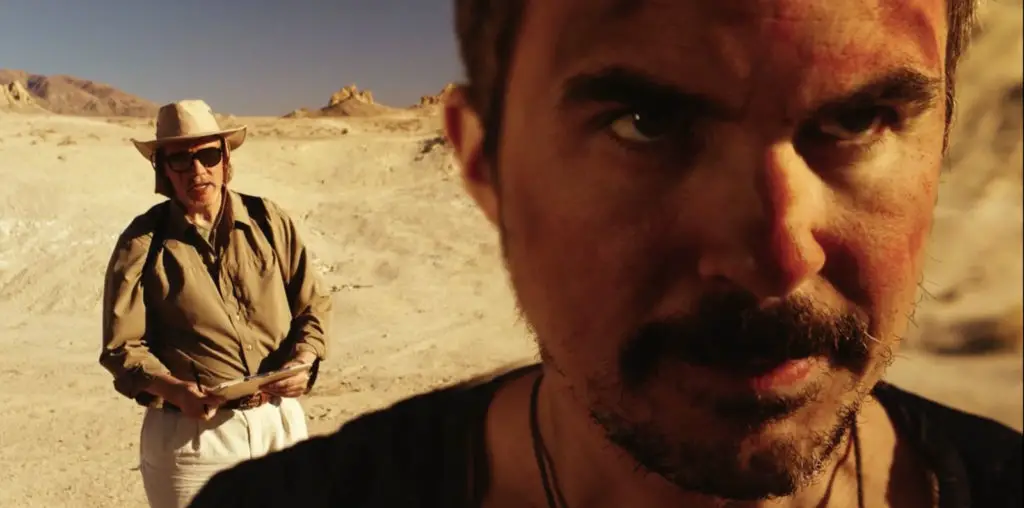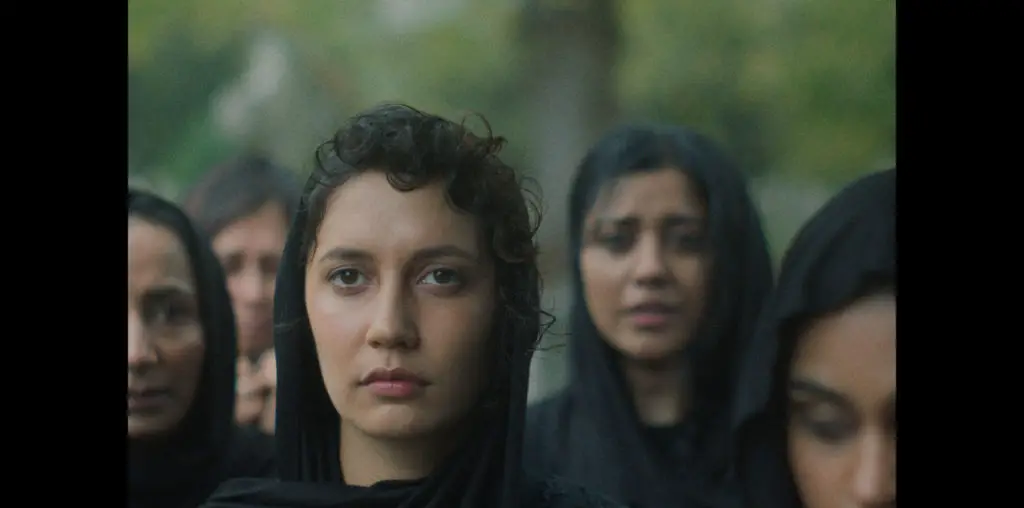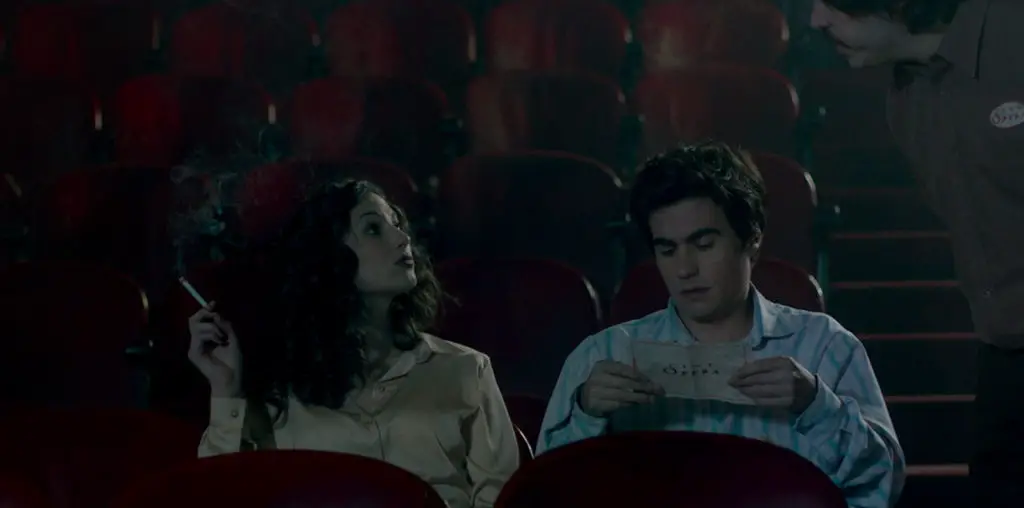
When I was a kid, the first thing I ever wanted to be was a special effects artist like Dick Smith or Tom Savini. However, the timing was kind of rotten because by the time I had turned sixteen a little movie called “”The Abyss” had come out and shown that CGI could be a more than viable alternative to physical effects. So, literally, it would have been like learning how to forge swords or how to build pipe organs; a nice talent to have but not very useful as a career. As primitive as the effects in Abyss were, no more than shimmering liquidy water, it was obvious that computers would replace craftsmen one day. You couldn’t see the storm, but you could feel the wind.
Still”¦ real, touchable on the spot effects weren’t quite dead yet. Even Jurassic Park, often credited as the film that finally stuck a stake through the heart of old school “”FX”, uses a lot less CGI than people think. Stan Winston’s dinosaur puppets were used in a great number of shots. Today, you can kind of tell which shots are puppets and which ones are computer pixels simply because the early CGI jumps out at you and Winston’s stuff still holds up, which proves that what’s real will always look real and what’s fake will only look faker with age.
Which is why it was so terrible for me to hear that Winston died yesterday at his home in Los Angeles.
His death is a huge blow to the art of special effects, and it is a proper art. Not only was he great at his job as a Monster Maker, but he had an innate understanding of what made a movie work and how effects should be used. Most effects guys want as much of their stuff shown on screen without a thought given to rhythm and pacing. However, if you watch Pumpkinhead (The first and best of the four projects he ever directed) you’ll see that it isn’t some effects laden “”demo reel” where all he does is showcase the titular creature. There are some really intense emotional scenes and some genuine scares. He knew when to show the creature, and he knew when to hide it. For a man who created creatures for a living that must have required a HUGE amount of humility and self-effacement, something that most people are unable to do. For that alone, you had to admire him.
Now he’s gone, and it’s like losing a Kubrick or a Mozart or a Shakespeare. Not only was he single-handedly an innovator in the field he worked in, but his vision was so unique that it’s irreplaceable. Think of all the experience and the know-how that was lost. I’m totally serious when I say that movies will never look the same again after his death. There are still a few good men working in the field, but Winston was in a class by himself.
Rest well Sir.
Stan Winston
1946-2008


